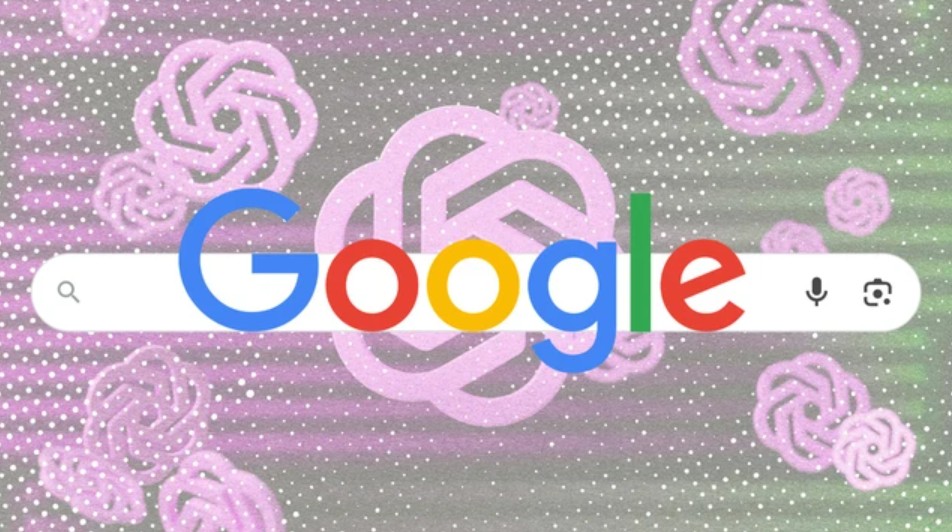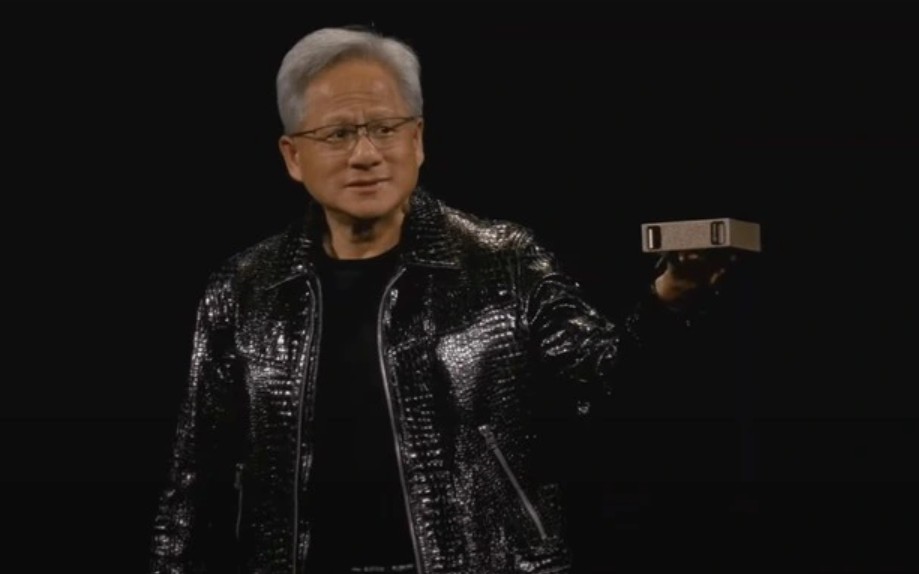Best Selling Products
OpenAI Faces Huge Pressure as ChatGPT Loses Popularity
Nội dung
OpenAI has just announced that it will officially discontinue the familiar Standard voice of ChatGPT on September 9, completely replacing it with the only Advanced version.
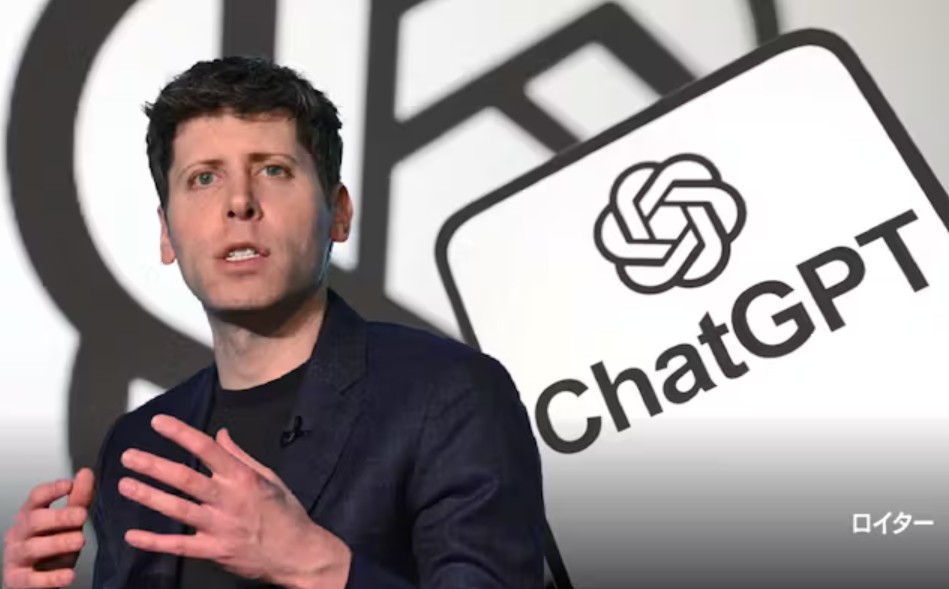
The tech world is buzzing with the latest announcement from OpenAI. According to TechRadar, OpenAI has just announced that it will officially discontinue the familiar Standard voice of ChatGPT on September 9, completely replacing it with the only Advanced version. This is the voice that has accompanied millions of users since 2023, becoming an indispensable part of the experience of chatting with AI.
Immediately after the news broke, a wave of fierce protests erupted from the global user community. Many expressed regret and anger that the Standard voice, which brought a sense of calm, stability and safety, was about to be “silenced” forever. Fierce debates broke out on OpenAI forums, Reddit, X (Twitter) and a series of social networks, showing the level of emotional attachment that users have for this voice.
Some users see this change as a step back rather than an upgrade. They argue that the Advanced voice, while more technologically advanced, faster to respond, and more conversational, lacks the warmth and naturalness of the Standard voice. This raises a big question: does OpenAI truly understand what users love and want from ChatGPT, or is it chasing a technological trend that ignores the emotional experience?
1. ChatGPT's new voice is criticized
To understand the backlash, it’s worth remembering why the Standard voice has been such an integral part of ChatGPT’s journey. When the voice feature was introduced in 2023, the Standard voice immediately made a mark for its pleasant and neutral tone. It didn’t try to impress by overacting, nor did it turn the conversation into a performance. Instead, it was simple, clear, and honest.
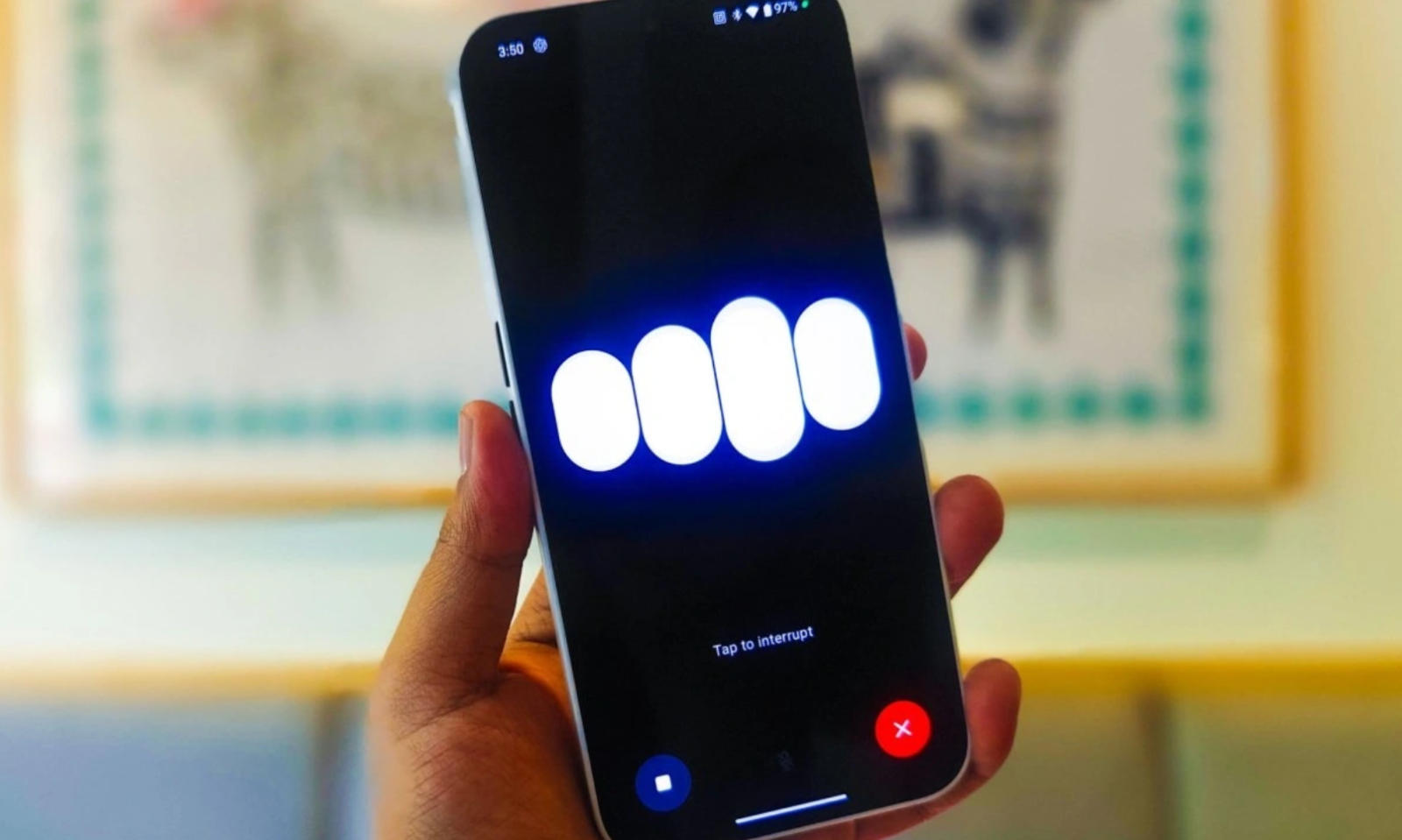
Its tone is described as calm and steady, giving the listener peace of mind. Especially in an era where AI technology is becoming more and more “personalized”, users seem to expect more than just a machine to answer information. They are looking for an emotional connection, a voice that can accompany them in many situations: from reading books, learning foreign languages, chatting to online classes. The Standard voice has done that excellently.
So when OpenAI announced it was being phased out, the backlash from users was understandable. Many compared the new Advanced voice to a news anchor reading the news too quickly, as if he was just trying to get his point across without caring about the listener’s experience. Reddit was flooded with posts criticizing the new voice. One user commented: “The Standard voice brings a warmth, depth, and natural connection that the Advanced voice simply cannot match. The new voice sounds robotic and distant.”
Another agreed, saying that the Advanced voice spoke too quickly and lacked emotion, “as if trying to rush through a trivial response.” Some also expressed concern that the new voice could be annoying to listen to for long periods of time, especially in contexts that require gentleness, like listening to audiobooks or helping language learners.
2. Technical differences between the two versions
The user’s frustration is not just emotional, but also related to the obvious technical difference between Standard and Advanced voices. With Standard voice, the system simply reads the text content that the AI has just created verbatim. This means that the user hears exactly what ChatGPT writes, without summarizing or paraphrasing. This is a direct and accurate transmission, ensuring that the content is not distorted.
The Advanced voice, on the other hand, works in a more complex way. Instead of reciting the text verbatim, the system reprocesses the content, paraphrasing or summarizing it to give it a conversational tone. In theory, this is an upgrade that makes the voice sound more natural, like a real human speaking. But in practice, many users have found that this approach results in a lack of detail and sometimes even distorts the original meaning.
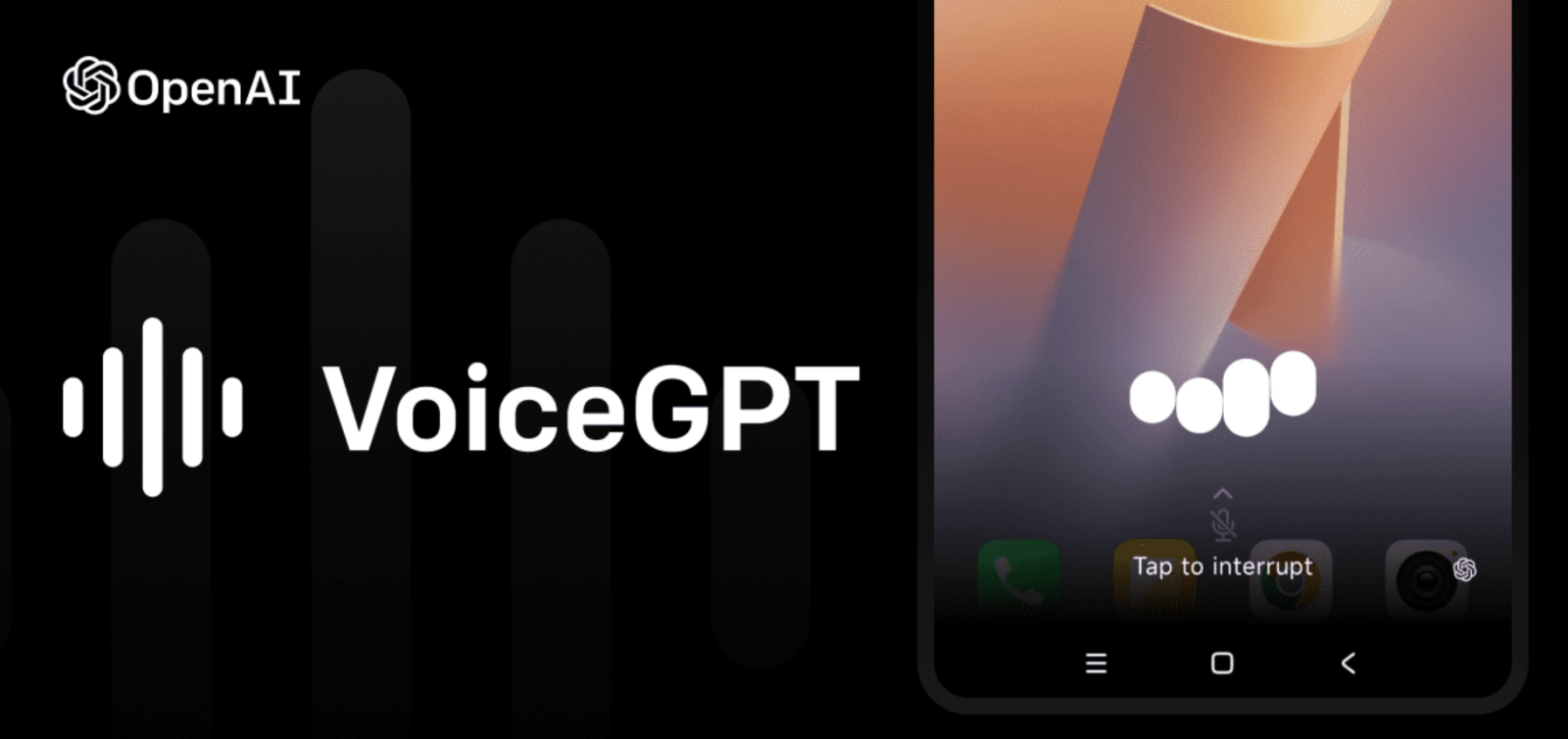
Some people complain that in long or data-heavy replies, the Advanced voice often skips over what it deems unnecessary. As a result, the listener no longer receives the same information as when reading text. As one Reddit user put it: “It leaves out small details and makes the whole conversation feel disconnected.” Especially for those who use ChatGPT for studying or research, losing these details is a big disadvantage.
The faster speaking speed of the Advanced voice is also controversial. Some people like the speed, but others find it difficult to follow, especially with complex topics. They compare the experience to listening to a podcast at 1.5x, which may save time but makes the brain work harder to process the information.
3. Tech companies change without listening to users
ChatGPT’s story is not an isolated case. Throughout the history of the technology industry, many “giants” have faced fierce opposition when launching changes without fully considering the needs and habits of users. Microsoft is a typical example: the sudden change in Windows 8 when removing the familiar Start button confused millions of people, leading to much criticism and forcing the company to bring this button back in the next version. Apple also caused controversy when deciding to remove the 3.5mm headphone jack on the iPhone, causing many people to inconvenience because they had to buy additional accessories. Facebook and Instagram have repeatedly received strong reactions from the community for changing the algorithm of displaying content or the interface layout, disrupting the familiar experience.
What these situations have in common is the gap between the company’s innovation goals and what users really want. Companies often want to be first, differentiate themselves, and demonstrate technological leadership. However, without a proper roadmap and without listening to community feedback, these innovations can backfire.
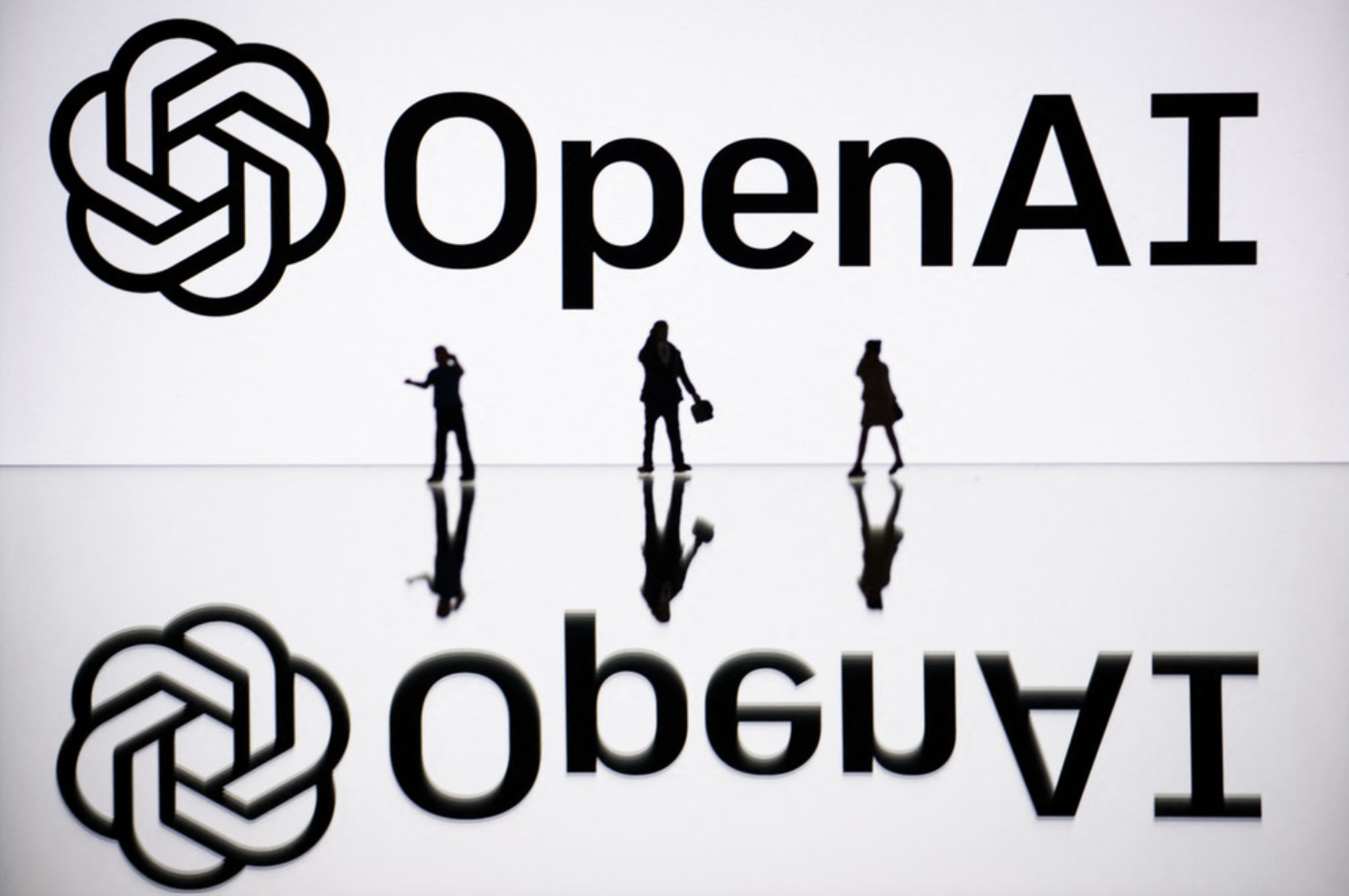
OpenAI is facing a similar lesson. The introduction of the Advanced voice in ChatGPT was an impressive technological advance, with faster response times and a more natural style that was technically possible. But the complete removal of the Standard voice, which had become a familiar emotional part of millions of people, left many disappointed. UX experts have long emphasized that successful technology is not just about “what it does,” but more importantly, “how it feels.” User experience is a combination of performance and emotion; without the emotional element, a product is unlikely to sustain long-term engagement.
4. What hope is there for users who love the Standard voice?
The question now is: Will OpenAI be willing to change its mind if there is enough community pressure? History suggests that this is entirely possible. When GPT-5 was released, OpenAI paused and then allowed users to continue using the GPT-4o model in parallel at the request of the community. This shows that the company is still listening to user feedback when the feedback reaches a significant level.
There are now campaigns on Reddit, X (Twitter), and tech forums calling for OpenAI to keep the Standard voice, at least as an option alongside the Advanced voice. Many users believe that the most reasonable solution is to let customers choose the voice they feel comfortable with. This model has been adopted by many platforms, such as Google Assistant and Amazon Alexa, which allow users to choose from a variety of voice styles with different speeds, intonations, and even customizations by region and language.
If OpenAI takes a similar approach, it will not only gain the trust of the community, but also demonstrate that it truly values customer experience over technical innovation. It will also be a strong demonstration that modern technology must serve the emotions and real needs of users. More importantly, this move could help ChatGPT maintain its competitive edge and lead in the AI race, which is becoming increasingly fierce as competitors continue to launch new products.
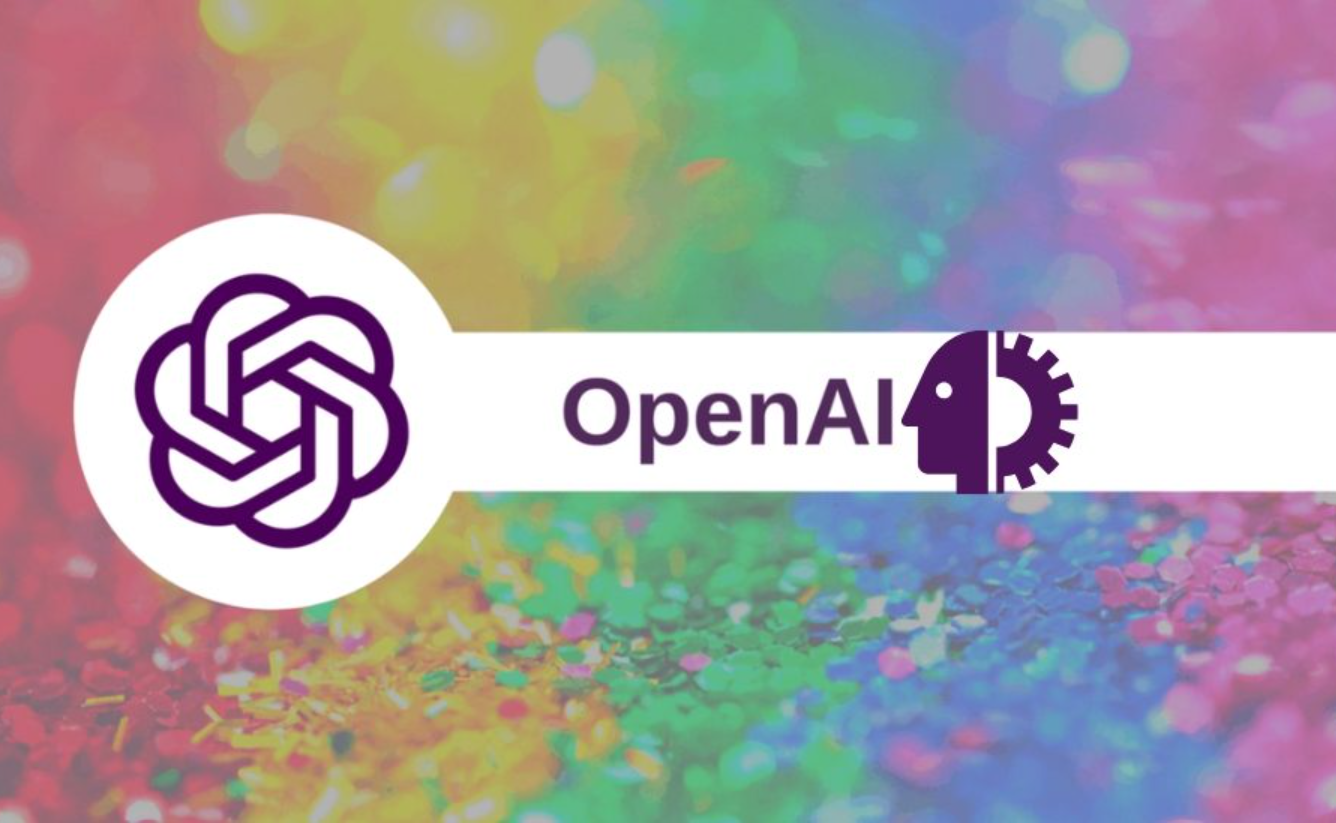
5. Conclusion
OpenAI’s decision to kill off the Standard voice and replace it with Advanced has sparked a wide-ranging debate not just about a specific feature, but also about the philosophy behind the product. AI technology is getting smarter, but the ultimate goal is still to serve people. A voice can contain more than words, it carries emotion, empathy, and connections that cannot be measured by technical parameters.
If OpenAI really listens to the community’s feedback, the Standard voice could very well make a comeback in the future. And this story will prove that, in the AI era, the human element is still the key to making technology meaningful. The sustainable development of any product needs to be based on the foundation: innovation without losing what users love.









































